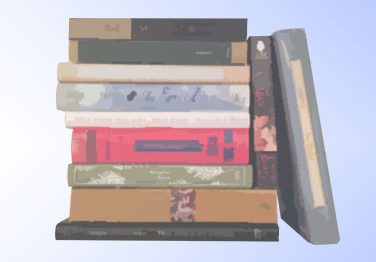 Summary from Goodreads:
Summary from Goodreads:
In the vein of Amelie and The Little Paris Bookshop, a modern fairytale about a French woman whose life is turned upside down when she meets a reclusive bookseller and his young daughter.
Juliette leads a perfectly ordinary life in Paris, working a slow office job, dating a string of not-quite-right men, and fighting off melancholy. The only bright spots in her day are her metro rides across the city and the stories she dreams up about the strangers reading books across from her: the old lady, the math student, the amateur ornithologist, the woman in love, the girl who always tears up at page 247.
One morning, avoiding the office for as long as she can, Juliette finds herself on a new block, in front of a rusty gate wedged open with a book. Unable to resist, Juliette walks through, into the bizarre and enchanting lives of Soliman and his young daughter, Zaide. Before she realizes entirely what is happening, Juliette agrees to become a passeur, Soliman’s name for the booksellers he hires to take stacks of used books out of his store and into the world, using their imagination and intuition to match books with readers. Suddenly, Juliette’s daydreaming becomes her reality, and when Soliman asks her to move in to their store to take care of Zaide while he goes away, she has to decide if she is ready to throw herself headfirst into this new life.
Big-hearted, funny, and gloriously zany, The Girl Who Reads on the Metro is a delayed coming-of-age story about a young woman who dares to change her life, and a celebration of the power of books to unite us all.
I was reading along, enjoying the plotless-finding-yourself-through-books storyline of The Girl Who Reads on the Métro AND THEN there was an Epilogue….with a POINT OF VIEW CHANGE. For some reason, totally unearned and unnecessary, the POV switched from a close third to a first person and UGH. I hates it Precious. Three stars.
(Also, this is translated from the French, but I can’t figure out the translator is so I guess it’s the author. The translation is fine.)
Dear FTC: I read a digital galley from the publisher via Edelweiss.

 Summary from Goodreads:
Summary from Goodreads: Summary from Goodreads:
Summary from Goodreads: Summary from Goodreads:
Summary from Goodreads: Summary from Goodreads:
Summary from Goodreads: Summary from Goodreads:
Summary from Goodreads: Summary from Goodreads:
Summary from Goodreads: Summary from Goodreads:
Summary from Goodreads: